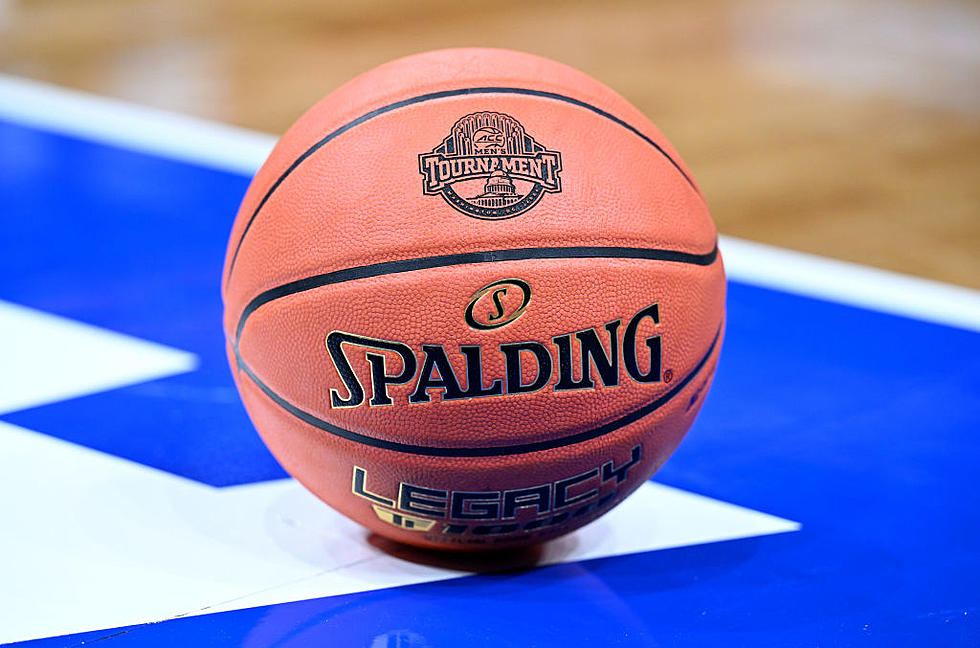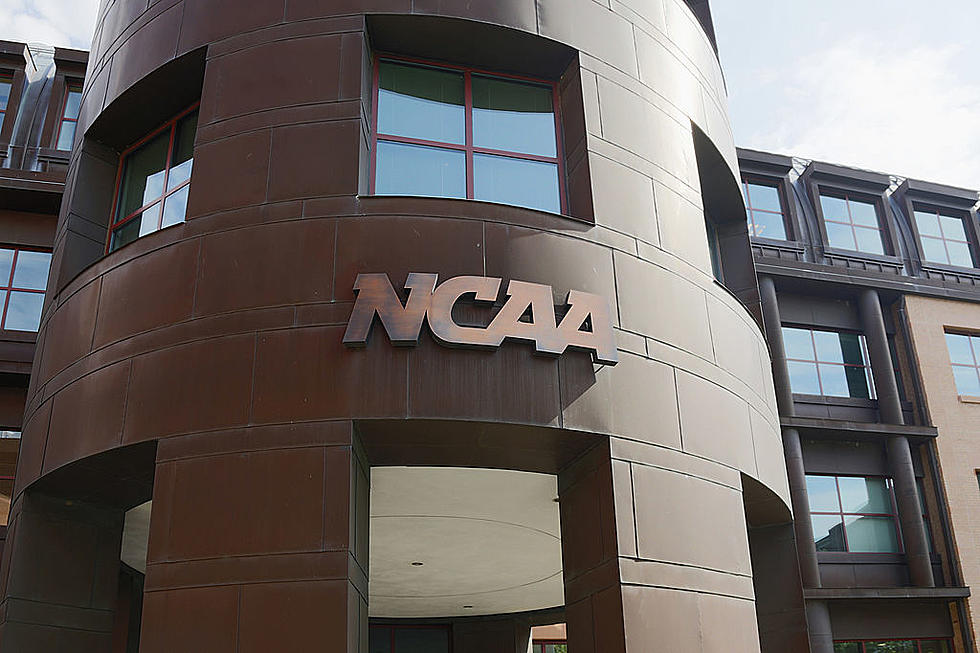
NCAA Goes Back to Court, Defending its Amateurism Rules
(AP) -The NCAA will be back in court Tuesday in California, defending its amateurism rules against plaintiffs who say capping compensation at the value of a scholarship violates federal antitrust law.
The claim against the NCAA and the 11 conferences that have participated at the highest level of college football was originally brought by former West Virginia football player Shawne Alston and later merged with similar lawsuits, including a notable case brought by former Clemson football player Martin Jenkins.
Plaintiffs say the NCAA illegally restricts schools from compensating football and basketball players beyond what is traditionally covered by a scholarship. That includes tuition, room and board and books, plus a cost of attendance stipend to cover incidentals such as travel. The plaintiffs want compensation to be determined conference-by-conference in the hopes of creating a free market.
"The court has already ruled in our favor that the caps on compensation are anti-competitive and are a restrain on trade," said Steve Berman, a Seattle-based lawyer who is one of the lead attorneys for the plaintiffs. "Normally, firms with market power can't agree to set prices. In this case the price being payments to athletes. Now it's the NCAA's burden at this trial to show that the restraint is justified by some pro-competitive justification."
The NCAA counters that altering amateurism rules would lead to pay-for-play, fundamentally damaging college sports and harming academic integration of athletes.
"As was demonstrated in the O'Bannon case, the NCAA will show that our rules are essential to providing educational opportunities to hundreds of thousands of student-athletes across the country," NCAA general counsel Donald Remy said in a statement.
"We are proud that many student-athletes can receive a college education debt-free, access to resources that ensure greater academic success, and an experience that will pay dividends for a lifetime. Allowing paid professionals to replace student-athletes on college campuses would change the face of college sports as we know it."
The bench trial will be heard and decided by Judge Claudia Wilken of the Northern District of California in Oakland. Wilken is the same judge who ruled on the so-called O'Bannon case, which challenged the NCAA's right to use athletes' names, images and likenesses without compensation. The case produced a mixed ruling that eventually went to the Ninth Circuit Court of Appeals.
Wilken ruled schools should be permitted, but not required, to compensate athletes for use of their name, image and likeness, with payments capped at $5,000 per year. The appeals court overturned that and said payments "untethered" to education were not required by schools.
Wilken also ruled the NCAA is required to allow schools to factor in their federally determined cost of attendance into the value of an athletic scholarship. That is now common practice in major college sports, though schools were already moving toward NCAA legislation allowing for cost of attendance when Wilken made her ruling.
The plaintiffs will argue implementation of cost-of-attendance stipends prove paying athletes even more would not hurt college sports.
"This shows that fans don't really care about payments to student-athletes," Berman said. "As for academic integration, that is a falsity as athletes aren't integrated now and indeed schools are building lavish factices where they say the athlete never has to leave. Check out the YouTube video of the new Clemson facility."
The Alston case is set to last about two weeks and Wilken's ruling could come as soon as December or possibly January. But don't expect it to end there.
"Judge Wilken has shown less deference to the NCAA than most judges, but this case and the fate of the NCAA's economic model will likely ultimately rest in the hands of the Ninth Circuit and the Supreme Court," said Gabe Feldman, director of Tulane University's sports law program.
More From 1460 ESPN









